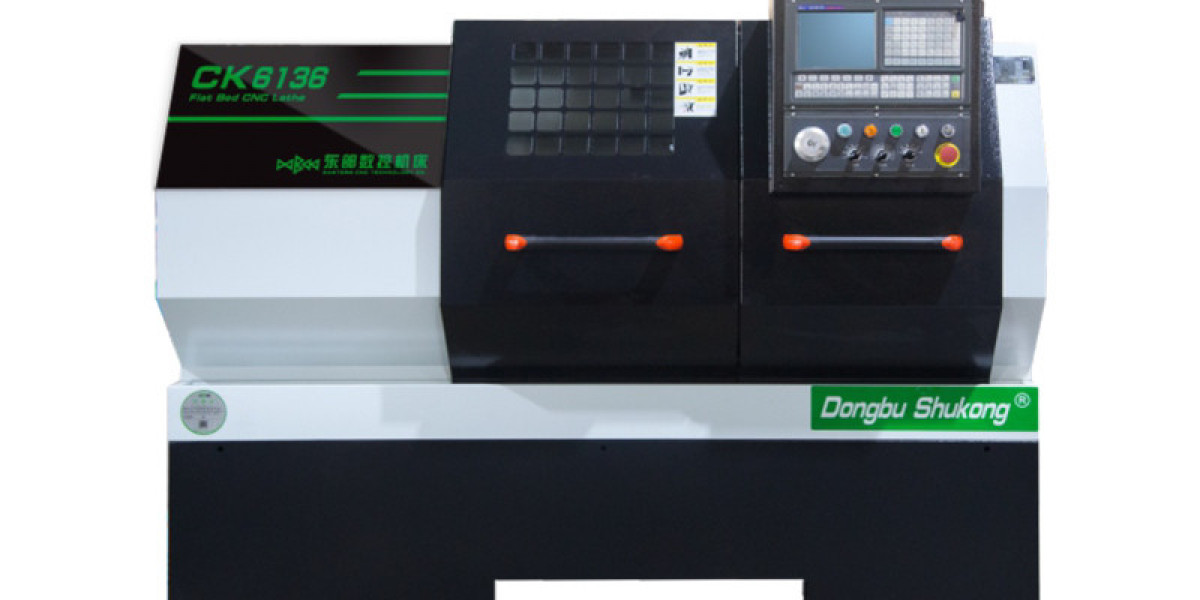The bakery flour market plays a critical role in the production of bakery premixes and ready-to-use mixes, which have gained significant popularity in recent years. These products cater to the growing demand for convenience, consistent quality, and variety in the bakery industry. Bakery premixes and ready-to-use mixes are formulated using a combination of high-quality flours and other ingredients, simplifying the baking process for both professional bakers and home enthusiasts. The evolution of these mixes is closely linked to the innovation in flour types and their specific applications, as well as the broader market trends in the food industry.
1. Convenience and Time-Saving
Rise of Convenience in Baking: With the increasing pace of modern life, both professional bakeries and home bakers are seeking more convenient and time-saving solutions. Ready-to-use mixes and premixes, which combine flour with other necessary ingredients, such as sugar, yeast, and leavening agents, allow users to prepare baked goods with minimal effort. These mixes provide consistent results, making them a popular choice for consumers who want the benefits of homemade baked goods without the time and effort involved in measuring and mixing individual ingredients.
Consistency and Quality: One of the primary benefits of bakery premixes and ready-to-use mixes is the consistency they offer. With precise measurements and ingredient combinations, these mixes help ensure that the final product maintains a high and uniform quality. The role of flour in these mixes is crucial, as the type and quality of flour used directly impact the texture, flavor, and rise of the baked goods. For manufacturers, using high-quality flour is essential to maintain product quality and meet consumer expectations.
2. Flour's Contribution to Texture and Taste
Flour Types in Premixes: Different types of flours play a significant role in shaping the characteristics of the finished product. For instance, cake flour is used in premixes intended for soft, light, and fluffy cakes, while bread flour, with its higher protein content, is preferred for achieving a chewy and elastic texture in bread products. All-purpose flour is a versatile option used in a variety of premixes, offering a balance of texture and structure. The choice of flour affects everything from the crumb texture to the mouthfeel of the final product, making flour selection a critical component in premix formulations.
Gluten-Free and Specialty Flours: The rise in dietary restrictions, such as gluten intolerance, has led to a growing demand for gluten-free premixes and ready-to-use mixes. For these products, specialty flours such as rice flour, almond flour, and sorghum flour are used as substitutes for wheat flour. These gluten-free flours offer different textures and flavors compared to traditional wheat flour, which influences the overall performance of the premix. The demand for gluten-free and other specialty premixes has expanded the role of flour in bakery mixes, as manufacturers continue to innovate to create high-quality products that meet the needs of diverse consumers.
3. Innovation in Premix Formulations
Health-Conscious and Functional Ingredients: In response to the growing consumer demand for healthier options, premix manufacturers are incorporating functional ingredients into their products. These include flours enriched with additional nutrients, such as fiber, protein, or vitamins. Whole wheat flour and oat flour, for example, are increasingly used in premixes to cater to health-conscious consumers seeking higher nutritional value in their baked goods. Additionally, the incorporation of ancient grains like quinoa and spelt is gaining popularity for their nutritional benefits and distinctive flavors.
Low-Carb and Keto-Friendly Options: The popularity of low-carb diets, particularly the ketogenic diet, has led to an increase in demand for keto-friendly bakery products. Premixes formulated with low-carb flours such as coconut flour, almond flour, and flaxseed flour are now widely available. These specialty flours provide the desired texture and taste for keto-friendly baked goods, such as breads, cakes, and cookies, without compromising on flavor or structure. The role of flour in these formulations is crucial for creating the right balance of moisture, texture, and taste in low-carb premixes.
Sugar-Free and Reduced-Sugar Mixes: With rising concerns about sugar consumption, there is an increasing demand for sugar-free or reduced-sugar bakery products. Premixes designed for sugar-free or reduced-sugar baked goods often rely on flours that work well with sugar substitutes, such as stevia or erythritol. These flours help to maintain the texture and structure of the baked product while allowing for a reduction in sugar content, thus catering to the growing consumer focus on healthier eating.
4. Customization and Product Variety
Tailored Premixes for Specific Applications: Bakery premixes are highly customizable, with manufacturers offering products designed for specific types of baked goods. Whether it's premixes for muffins, cookies, cakes, or pizza dough, flour forms the backbone of these formulations, providing the necessary structure and texture for each product. The ability to create tailored premixes for niche markets, such as gluten-free, vegan, or allergen-free products, has allowed flour suppliers to expand their reach and diversify their offerings.
Premium and Artisanal Products: The trend towards premium and artisanal baked goods has also influenced the premix market. Higher-end premixes made with premium flours such as organic, non-GMO, or specialty flours are becoming increasingly popular in both retail and foodservice sectors. These premium mixes cater to consumers seeking higher-quality ingredients and authentic, artisanal products. Artisanal bakeries are also incorporating specialty flours into premixes to create unique and innovative products, further enhancing the role of flour in these high-end offerings.
5. Global Market Trends and Regional Variations
Regional Preferences and Ingredient Availability: The popularity of premixes and ready-to-use mixes varies significantly by region, influenced by local baking traditions, consumer preferences, and the availability of specific ingredients. For instance, in North America and Europe, there is a strong demand for gluten-free and health-oriented premixes, while in Asia, there is growing interest in ready-to-use mixes for traditional baked goods like Asian breads and pastries. The types of flours used in these regional mixes are often adapted to local tastes and dietary needs, influencing the formulation of premixes and ready-to-use mixes worldwide.
Emerging Markets and Growth Opportunities: In emerging markets, where consumer interest in convenience and quality bakery products is increasing, premixes and ready-to-use mixes present significant growth opportunities. As urbanization increases and disposable incomes rise, the demand for easy-to-make, high-quality baked goods is expanding, leading to greater adoption of premixes and ready-to-use mixes. In these markets, local manufacturers are beginning to adapt premixes to meet regional preferences, further expanding the role of flour in these growing sectors.
6. Sustainability Considerations
- Sustainable Sourcing and Packaging: Sustainability is an increasingly important factor for both consumers and manufacturers. In the bakery flours market, this has translated into the use of sustainably sourced flours, such as organic or fair-trade certified options, in premixes and ready-to-use mixes. Additionally, eco-friendly packaging solutions are becoming more common as companies respond to consumer demand for environmentally responsible products. Flour producers and premix manufacturers that prioritize sustainability in their sourcing and production processes are likely to gain favor with environmentally conscious consumers.
Final Thoughts
The bakery flour market plays a crucial role in the development and success of bakery premixes and ready-to-use mixes. These products, which offer convenience, consistency, and customization, are driving the growth of the bakery industry by catering to the evolving needs of both home bakers and professional establishments. As consumer demand for health-conscious, specialty, and artisanal baked goods continues to rise, the role of flour in these mixes will only become more important. Innovation in flour formulations, coupled with the growing focus on sustainability, will continue to shape the future of bakery premixes and ready-to-use mixes in both retail and foodservice sectors.









